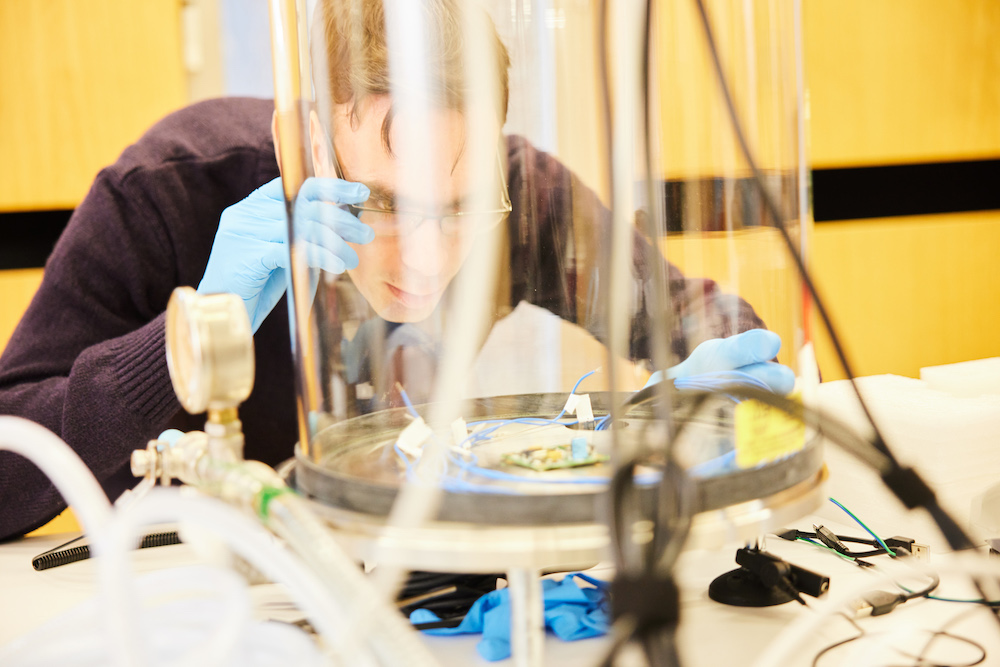IKT-Forschung mit Wirkung

SnT ist ein Zentrum für impaktvolle Technologie.
Wir setzen uns dafür ein, modernste Wissenschaft mit den Herausforderungen von heute zu verbinden, um Lösungen für morgen zu gestalten.

SnT ist ein Zentrum für impaktvolle Technologie.
Wir setzen uns dafür ein, modernste Wissenschaft mit den Herausforderungen von heute zu verbinden, um Lösungen für morgen zu gestalten.